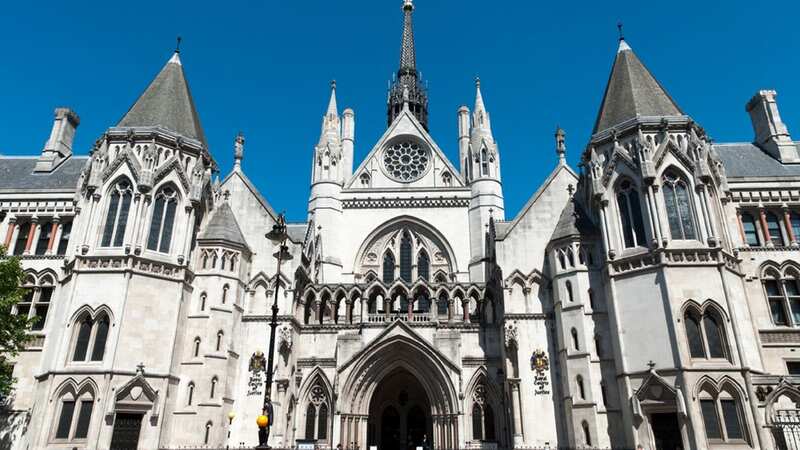Man who mixed sperm with his father's sample won't need paternity test

A man who mixed his sperm with his dad's to help his partner conceive won't have to take a paternity test, the High Court has decided.
The couple, who can't be named to protect their child's identity were referred to as PQ and JK, and couldn't afford IVF treatment so they agreed to mix his sperm with his dad's and inject it into the woman. This unusual arrangement was meant to be kept secret and resulted in the birth of a boy, now five years old, known as D.
But when Barnsley Council found out about how the child was conceived, it wanted DNA tests to find out if the man was D's real dad. However, a judge said no to this request, saying the council had "no stake in the outcome".
He also said the family had "created a welfare minefield", adding: "I cannot believe that JK, PQ and (his father) RS properly thought through the ramifications of their scheme for JK to become pregnant, otherwise it is unlikely that they would have embarked upon it."
He went on to say that the boy "is a unique child who would not exist but for the unusual arrangements made for his conception, but those arrangements have also created the potential for him to suffer emotional harm were he to learn of them".
 Greggs, Costa & Pret coffees have 'huge differences in caffeine', says report
Greggs, Costa & Pret coffees have 'huge differences in caffeine', says report
Mr Justice Poole noted that the man has a real father-and-son bond with the boy and it's up to him and the boy's mum to "manage the latent risks to his welfare".
He pointed out: "It must be acknowledged that the circumstances of D's conception cannot now be undone... Without testing, his biological paternity remains uncertain but there is a strong chance, to say the least, that the person he thinks is his grandfather is his biological father, and that the person he thinks is his father is his biological half-brother."
Turning down the council's request, the judge stated that the council doesn't have parental rights or a "personal interest" in the boy's real dad. He explained: "It may wish to know who is D's biological father, but it has no stake in the outcome of its application."
"A wish to uphold the public interest in maintaining accurate records of births does not confer a personal interest in the determination of such an application."
Mr Justice Poole ended by saying that the family might choose to take a paternity test to tell the child when he's older, "but that is a matter for them".
Read more similar news:
Comments:
comments powered by Disqus

































